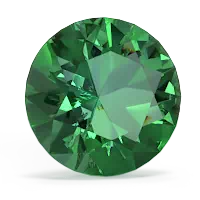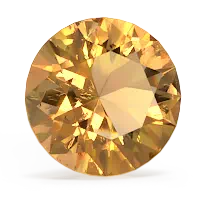

The celtic knot is an ancient symbol of the journey of life. With no beginning and no end, the knot represents the timeless nature of our spirits and the world we live in. A Lab Emerald celtic knot combines these concepts with the spiritual attributes of the Lab Emerald . Emerald is associated with Venus, the Greek goddess of love and beauty. They say an emerald pendant can protect lovers from unfaithfulness. The gem in a citrine pendant is considered a harmonious, optimistic, and cheerful stone with the ability to brighten up our hearts darkest places